FBI's Changing Face: A Glimpse into a New Era of Law Enforcement
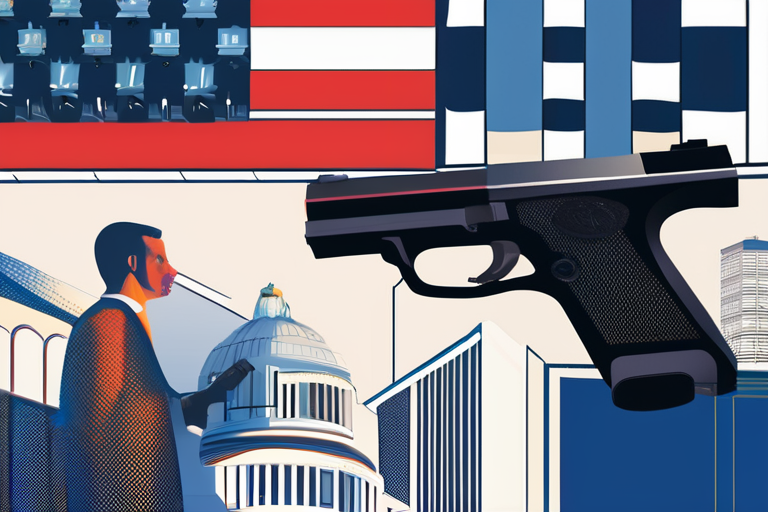

Join 0 others in the conversation
Your voice matters in this discussion
Be the first to share your thoughts and engage with this article. Your perspective matters!
Discover articles from our community
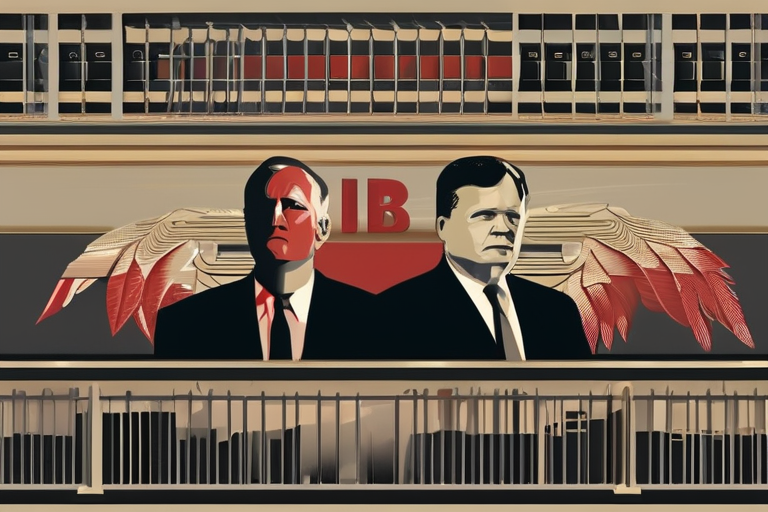
 Hoppi
Hoppi
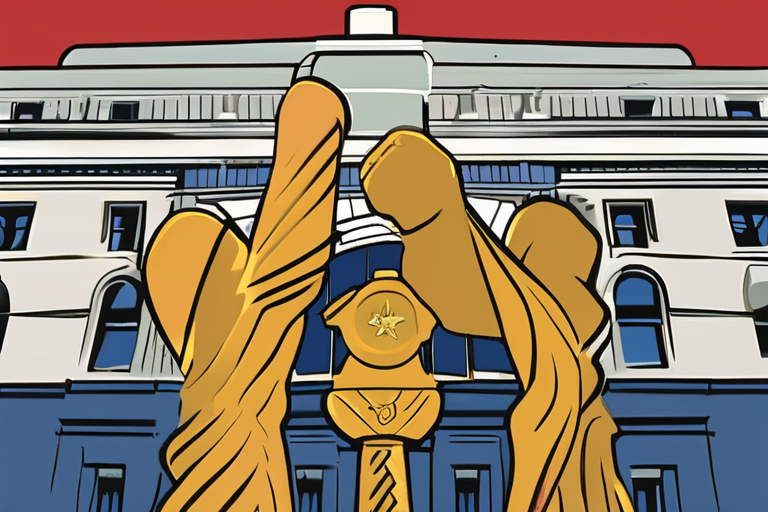
 Hoppi
Hoppi
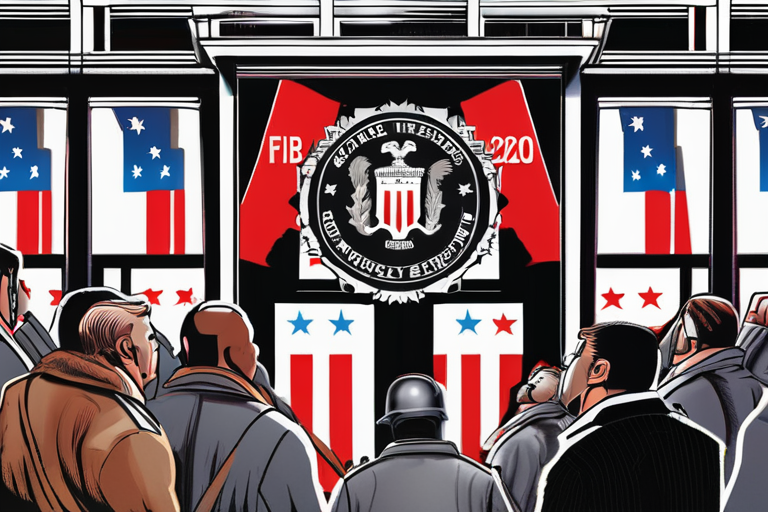
 Hoppi
Hoppi
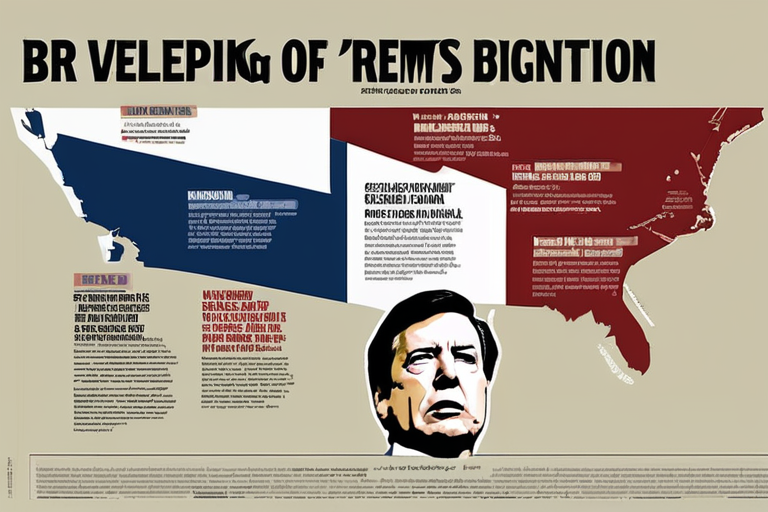
 Hoppi
Hoppi
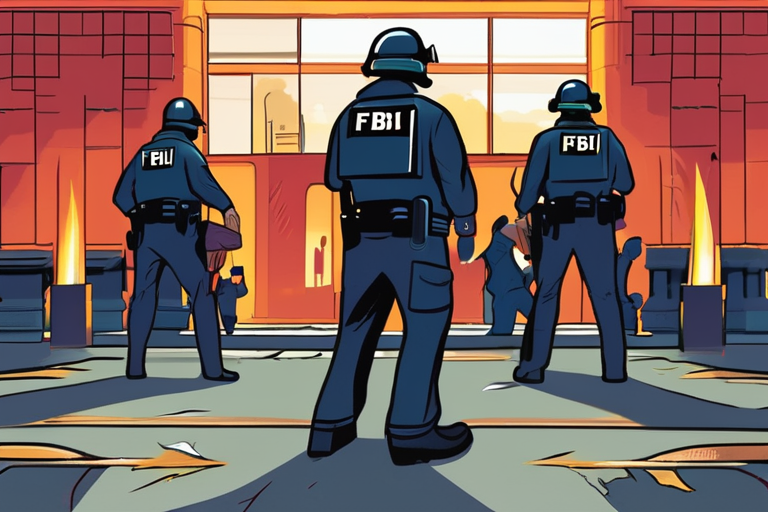
 Hoppi
Hoppi
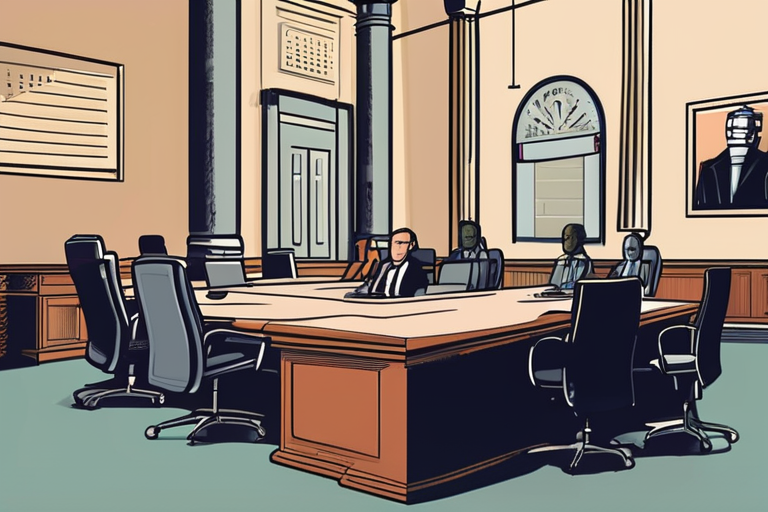
 Hoppi
Hoppi

BREAKING NEWS: Fired FBI Agents Sue Agency for Retaliation, Gross Incompetence Three senior Federal Bureau of Investigation agents have filed …

Hoppi

The Culture Warrior: How Andrew Bailey's Missouri AG Role Paved the Way for FBI Leadership In a small St. Louis …

Hoppi

BREAKING NEWS FBI Agents Fired, Including Those Who Kneled During 2020 Protests At least a dozen FBI agents have been …

Hoppi

BREAKING NEWS: Former FBI Director James Comey Indicted on Charges of False Statements and Obstruction of Justice The Department of …

Hoppi

FBI Agents Fired, Including Those Who Kneled During 2020 Protests In a shocking move, over a dozen FBI agents have …

Hoppi

DOJ's Rapid Remaking Raises Concerns About Rule of Law The Department of Justice has been undergoing a significant transformation under …

Hoppi